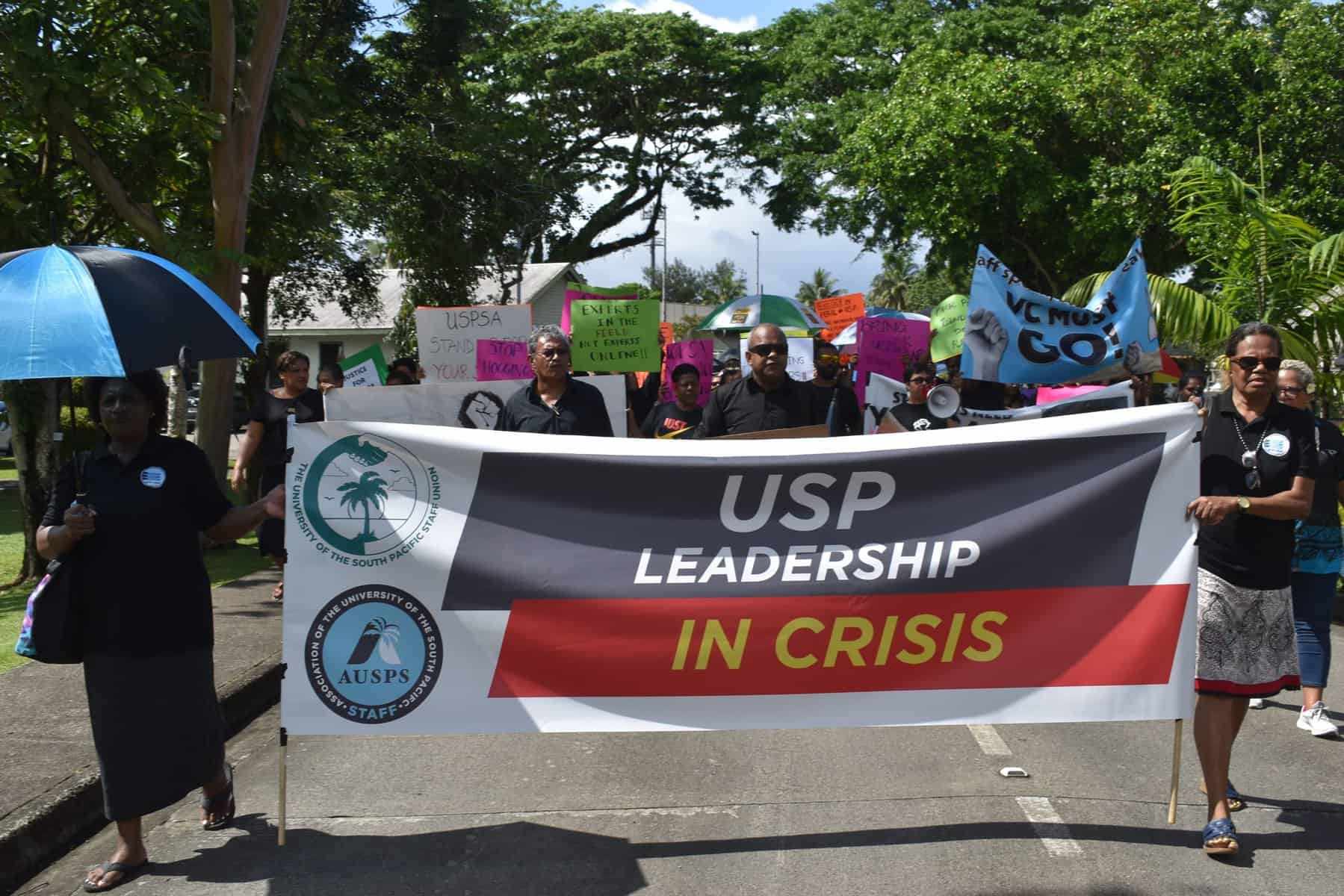University of the South Pacific (USP) Council members meeting in Cook Islands in late November heard Vice Chancellor and President (VCP) Pal Ahluwalia state his intention to resign, and that he wanted to negotiate the package and terms of his resignation.
Professor Ahluwalia’s leadership of the University has been plagued by controversy, culminating in a strike by the Association of USP Staff and USP Staff Union, calling for his resignation or removal in October.
USP says it has not received any official resignation from the Vice Chancellor in response to questions from Islands Business . . .
Please Subscribe to view full content...
